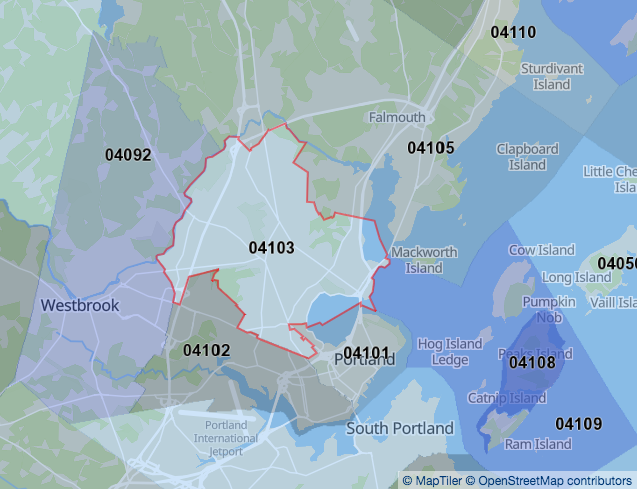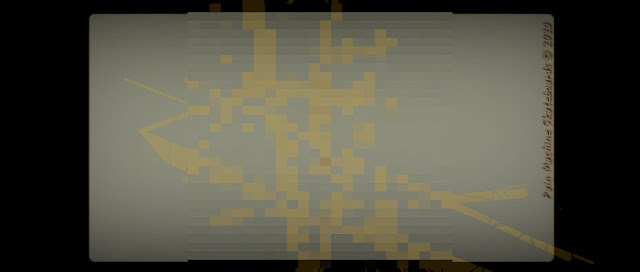of Maxwell Owen Clark The idea of a syllable, measured already in the archaic Tamil Tolkappiyam grammar-poem as equal to the time it takes to blink an eye—how to shear away from its historical forms their most archetypal kernel? How to model its highest invariances? As an inhabitant of the postindustrial northeastern United States, that Tamil grammarian-poets of at least 3,000 years ago wrote rigorous descriptions of the syllables of their oral language, even framed their entire linguistics and poetics on this exhaustive description of syllables, as a sort of "syllabics", if you will—it suggests too much perhaps to not still be nebulous. A blink. So too a unit. A pulse. One pulse. The atom of prosody. A genesis for arithmetic? A natal mathematics? An almost timeless imposing of measure. One waveform, trough to peak to trough, off/on/off, fort-da. An immemorial cut into the continuum. Instinctual quantification/qualification. But all of these yet are allusive determinations....




